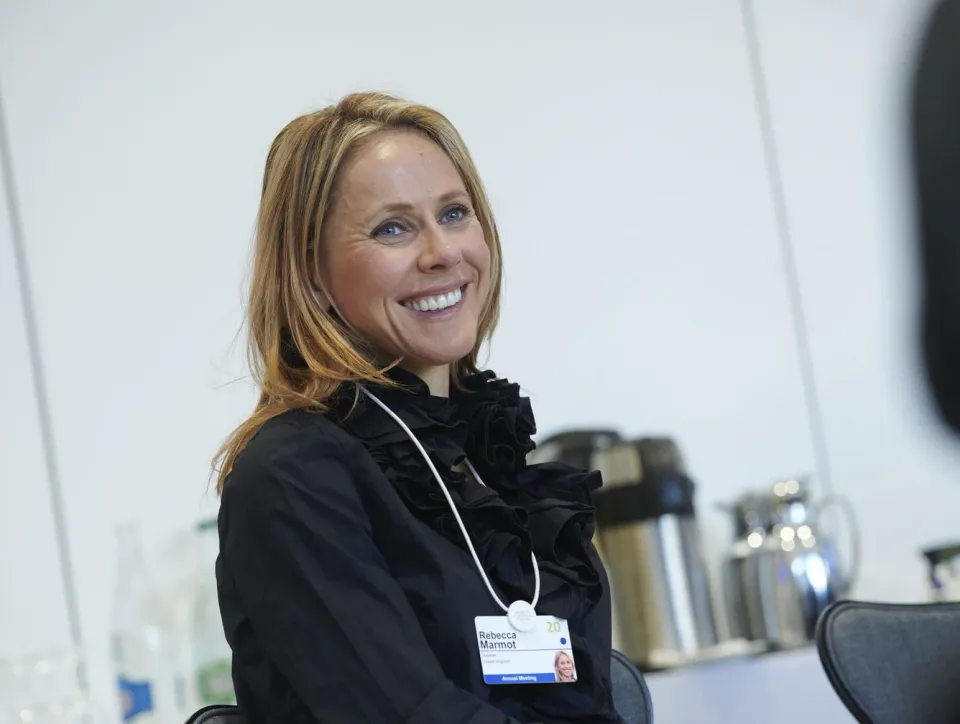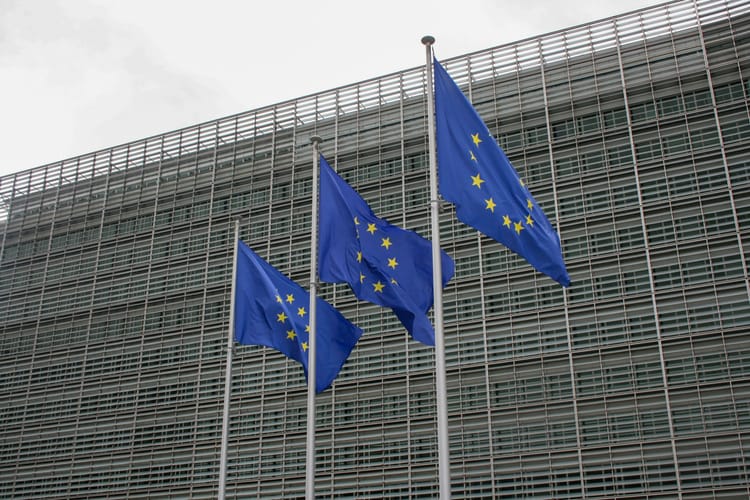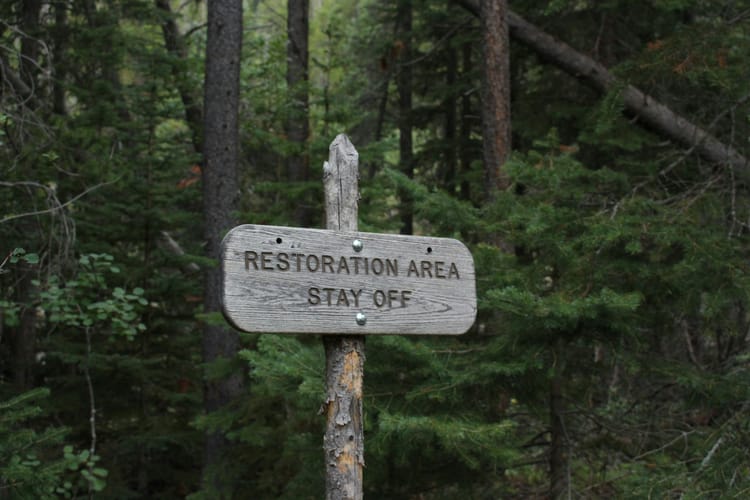Unilever CSO urges trade associations to ‘do better’ on climate

Unilever Chief Sustainability Officer Rebecca Marmot is urging trade associations to engage in a more constructive way with policymakers on climate issues as the company works to ensure memberships are aligned with its own positions.
Companies are being urged to review their association memberships after it emerged that many are members of trade groups that actively oppose climate-positive policies, making them vulnerable to greenwashing accusations.
Unilever, whose new CEO is currently spearheading a radical refocus of sustainability efforts, has just published its first climate policy engagement review, publicly disclosing misaligned memberships and the actions it is taking to tackle them.
The report reveals that eight industry associations are misaligned with Unilever in one or more of priority policy areas. “This is a concern. But it’s also a reflection of the reality that in many cases industry associations are juggling competing internal and external pressures, which often results in a ‘lowest common denominator’ outcome,” noted Chief Sustainability Officer Rebecca Marmot in a blog post.
Unilever: misaligned trade associations
Misaligned associations include the German Chemical Industry Association (VCI) and the European Chemical Industry Council (CEFIC) – both of which have opposed a reform of the EU Emissions trading system (ETS) and pushed for a more lenient carbon border adjustment mechanism (CBAM).
Unilever spends more than €100,000 a year on its CEFIC membership and more than €20,000 with VCI – and is not opposed to withdrawing its membership from associations that refuse to adjust their position or work towards alignment.
But in general, the company prefers to engage and push for continuous improvement to ensure associations engage constructively with members and governments on climate. “Associations can be powerful agents of change, but some are passive at best, or a hindrance at worse. These associations can and should do better and we want to make sure those we’re working with address this,” said Marmot.
Beyond passive industry association membership
Unilever is not the only company that has started the process of reviewing industry association membership in light of climate policy engagement: think tank Planet Tracker also names chemical firms LyondellBasell and Bayer as examples of this best practice. (Bayer, a member of VCI, also vocally opposed the association’s position on the EU’s Corporate Sustainability Due Diligence).
Disclosing memberships and potential misalignments, as well as plans to address them, is seen as a necessary step to improve transparency, but it can also place pressure on industry associations to better support climate policymaking. Whether these reviews will result in membership withdrawals remains to be seen.
On the opposite end of the spectrum, investor group Climate Action 100+ recently lost several of its members after strengthening engagement expectations. This is a reflection of growing political tension over ESG investment in the US, but it is leading other global climate-oriented industry groups to review their rules for fear of losing support. One of them is the Net Zero Banking Alliance (NZBA), which has reportedly updated its guidelines to focus more on disclosures and less on action in the hope of avoiding departures.







Member discussion